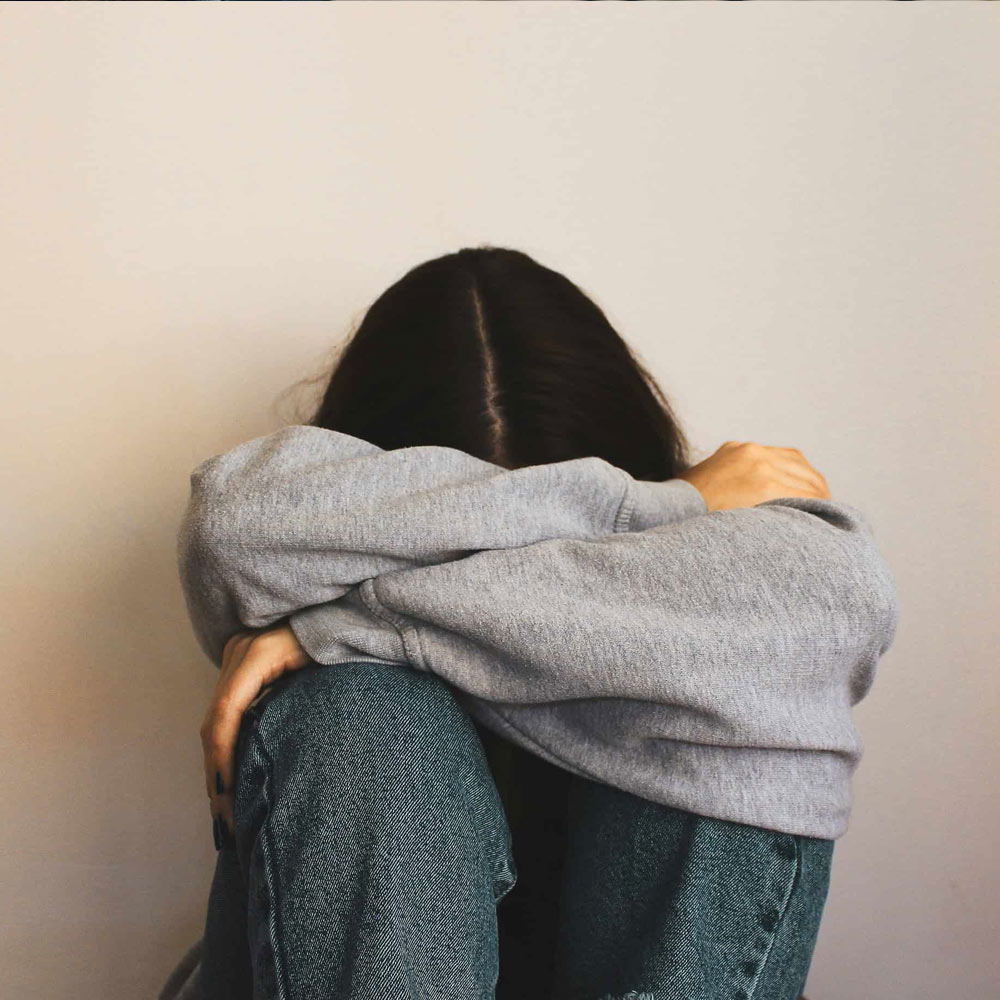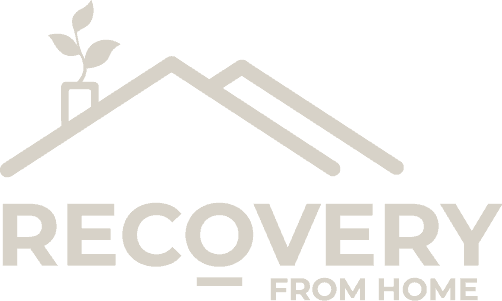South Africa is a nation that has long been grappling with numerous social, economic, and health challenges. Among these, cocaine addiction has emerged as one of the most insidious and growing problems facing the country today. Cocaine, once a drug associated with the elite, has infiltrated every layer of society, and its use has become widespread. This growing crisis, however, is not just about the prevalence of the drug itself. One of the most pressing issues is that many individuals suffering from addiction may not even recognise they have a problem. Cocaine addiction is often insidious, developing gradually until it takes a vice-like grip on the user’s life, making it difficult for them to realise the severity of their situation.
THE RISE OF COCAINE IN SOUTH AFRICA
In recent years, cocaine use has surged in South Africa, with the country becoming a significant player in the global cocaine trade. Cocaine is commonly trafficked into South Africa due to its strategic location as a transit point for drugs being shipped from South America to Europe and the rest of the world. While South Africa’s ports, including Cape Town and Durban, have long been targeted by drug syndicates, the domestic market for cocaine has also exploded.
The drug’s presence has expanded well beyond the elite. Cocaine has spread through middle-class communities, and increasingly, poorer communities are also being affected. Cocaine use is becoming more normalised in many social circles, often as part of the nightlife and party culture. As the drug becomes more accessible and its effects more widely recognised as glamorous, the line between recreational use and addiction becomes more blurred.
In a country like South Africa, with high levels of unemployment, poverty, and inequality, it is perhaps unsurprising that some individuals may seek out the euphoria and temporary escape that cocaine promises. However, the consequences of cocaine addiction are far-reaching, not just for the individual, but for the family and the community.
UNDERSTANDING COCAINE ADDICTION: A HIDDEN STRUGGLE
The nature of cocaine addiction is such that it often takes time for individuals to realise they have a problem. Cocaine is a stimulant that affects the brain’s reward system by increasing the release of dopamine, the chemical responsible for feelings of pleasure and satisfaction. In the short term, the drug produces a burst of euphoria and energy, but as the effects wear off, users experience a “crash,” leading them to use more of the drug to regain that high. Over time, this creates a cycle of dependence, where the individual feels the need to use cocaine just to feel normal.
The difficulty in recognising addiction is compounded by the fact that the signs of cocaine use can be subtle in the early stages. A person may start by using the drug occasionally in social settings, without any immediate negative consequences. However, as their tolerance increases, they may begin to use more often, and eventually, they may find themselves using cocaine alone to stave off feelings of depression, anxiety, or stress. This is the point at which the addiction becomes more dangerous but is also harder to acknowledge. Users may not recognise that what started as recreational use has turned into a dependency.
In South Africa, where there is a high rate of trauma, mental health struggles, and social instability, individuals may not always have the resources or support to assess the impact cocaine is having on their lives. Many may not even recognize the early warning signs of addiction, which include changes in behaviour, mood swings, neglect of responsibilities, and strained relationships.
THE DANGERS OF COCAINE ADDICTION
Cocaine addiction comes with severe physical, psychological, and social consequences. The physical effects of the drug on the body are well-documented. Cocaine use increases heart rate, blood pressure, and body temperature, which can lead to serious cardiovascular problems, including heart attacks and strokes. Cocaine also damages the nasal passages when snorted, leading to a variety of health issues, including nosebleeds, chronic runny nose, and, in severe cases, a collapsed septum.
Psychologically, cocaine addiction leads to profound changes in mood and behaviour. Users often experience extreme paranoia, anxiety, and hallucinations. Long-term use can result in depression, a distorted sense of reality, and an inability to feel pleasure from everyday activities. These mental health issues can escalate, especially when the person is unaware of the problem or unable to seek professional help.
The social ramifications of cocaine addiction are equally severe. Users often find themselves withdrawing from friends and family as they become consumed by the need to obtain and use the drug. Relationships break down as a result of erratic behaviour, lack of communication, and dishonest actions. Addiction also leads to financial instability, as the cost of maintaining a cocaine habit becomes prohibitive. This can lead individuals to engage in criminal activities, such as theft or drug dealing, to support their addiction.
RECOGNISING COCAINE ADDICTION: WHEN DO YOU HAVE A PROBLEM?
One of the biggest challenges in addressing cocaine addiction is the difficulty people have in recognising when they have crossed the line from occasional use to addiction. This is especially true in a society where cocaine use has become normalised in certain social circles. Many people in South Africa may not view their use as problematic because they are not necessarily using cocaine daily, or because they can still maintain some semblance of their responsibilities. However, the line between controlled use and addiction can be very thin, and by the time an individual recognises they have a problem, it may already be too late.
There are a few signs and symptoms that individuals and their loved ones can look for, which may indicate a growing problem with cocaine. These include:
- Increased tolerance: A person finds they need to use more of the drug to achieve the same high.
- Neglect of responsibilities: Work, school, or family obligations are ignored in favour of using cocaine.
- Withdrawal from relationships: The individual may distance themselves from loved ones and engage in secretive behaviour.
- Financial issues: The cost of the drug may lead to financial strain, which could result in borrowing money or engaging in illegal activities to fund the habit.
- Physical signs: Symptoms such as nosebleeds, dilated pupils, and restlessness may become more noticeable.
Recognising these signs early on is crucial for addressing cocaine addiction before it spirals out of control. However, in a country like South Africa, where access to mental health services and addiction treatment is often limited, it can be challenging for individuals to seek help. The stigma surrounding addiction further exacerbates the problem, with many people reluctant to admit they have a drug problem due to fear of judgment or discrimination.
Treatment and Rehabilitation: Overcoming the Stigma
At Recovery from Home, we offer a safe and effective approach to treating cocaine addiction through medical detox and personalised therapy. We understand that overcoming addiction requires more than just quitting the drug – it requires addressing the root causes of the addiction to ensure long-term recovery.
Our medical detox process ensures that individuals can safely rid their bodies of cocaine in the comfort of their own home, with regular home check-in and continuous emotional support. This crucial first step helps manage withdrawal symptoms, reduce cravings, and prepare individuals for the next phase of recovery.
In addition to detox, we provide personalised therapy to help individuals understand the underlying factors driving their addiction.
We are committed to offering a holistic recovery program that supports individuals in regaining control over their lives, helping them to heal both physically and emotionally. With a focus on personalised care, we guide each person on their journey to recovery, ensuring that they receive the attention, support, and tools they need to achieve lasting sobriety.
Final Thoughts
Cocaine addiction is a growing crisis in South Africa that often goes unrecognised until it has already taken a devastating toll on individuals and their communities. The drug’s insidious nature, combined with the societal challenges faced by many South Africans, makes it difficult for individuals to see the extent of their problem until it’s too late. Addressing this issue requires comprehensive education, access to treatment, and a shift in public attitudes towards addiction. Only through combined efforts at the individual, community, and governmental levels can South Africa begin to address the growing cocaine epidemic and help those struggling with addiction reclaim their lives.
At Recovery from Home, we believe in the power of early intervention and are dedicated to destigmatising addiction, encouraging individuals to seek the help they need in a safe, supportive environment.
Are You Struggling To Shake-Off Cocaine Addiction?’
Serious alcohol addiction at this stage is marked by a compulsive need for alcohol that overrides pleasure and enjoyment of life. Detoxification and a comprehensive rehab program are essential to address this serious addiction and prevent further health damage and damage to relationships around you for those you care about.
Break free from the cycle of dependency. With proper treatment and ongoing care, you can regain control of your life, rebuild relationships, and achieve long-term sobriety. Start your journey to recovery with Recovery From Home today.










Leave A Comment